spirulina tablets benefits
Date:2019-05-15Views:1219
What is spirulina?
Spirulina is a bacterium that grows in water and is often called blue-green algae. It does not seem to be an obvious ingredient choice, but it is full of nutrition and a range of health benefits.
Spirulina powder
Spirulina can be purchased as a tablet or powder. One teaspoon (3.3 g) of spirulina powder contains:
2 grams of high quality protein with all nine essential amino acids
Essential fatty acid
B vitamins
Vitamin C
Iron
Potassium
copper
magnesium
All of this – from such a small amount of spirulina – makes this nutrient-rich food one of the best choices for a healthy diet. Does this mean that we should all consider supplementing spirulina?
What effect does spirulina have on your body?
Spirulina helps prevent and treat a range of health conditions:
Spirulina reduces the risk of heart disease
Spirulina affects two of the biggest risk factors for heart disease – high cholesterol levels and triglyceride levels.
When our cholesterol becomes a problem, this is because our "bad" LDL cholesterol levels are too high. One study found that low-density lipoprotein cholesterol levels may drop by 10% due to only 1 gram of spirulina per day.
The same study found that triglyceride levels fell by 16% after eating the same algae every day.
Spirulina reduces oxidative stress and reduces the risk of diseases such as cancer.
Oxidative stress affects our healthy cells because the unstable molecules called "free radicals" in our bodies begin to harm them. Studies have shown that oxidative damage is associated with diseases such as cancer, diabetes, rheumatoid arthritis and stroke.
However, recent studies have shown that spirulina has a positive effect on preventing this from happening.
Spirulina has an anti-inflammatory effect.
Spirulina has the same color of the same compound that helps us fight inflammation.
Phycocyanin is an antioxidant that inhibits free radicals in the body. Spirulina acts as a natural anti-inflammatory by preventing the production of molecules that cause inflammation.
Spirulina
Spirulina helps lower blood pressure
Spirulina plays a role in lowering blood pressure because it can cause the release of nitric oxide in the body. When this useful molecule is released, the blood vessels of the body relax.
One study confirmed this effect, with participants adding 4.5 grams of spirulina to the diet daily for 6 weeks.
Spirulina regulates blood sugar levels
A study of a group of patients with type 2 diabetes tested the effects of spirulina on blood glucose levels.
The team added 2 grams of spirulina to their diet for 2 months. Reported low blood sugar levels. There are also signs of long-term glycemic regulation – a 1% drop in key indicators, which may reduce diabetes-related deaths by more than 20%.
Spirulina is a powerful antioxidant for heavy metals
Arsenic poisoning is not familiar to most Britons. Unfortunately, this is a common problem for millions of people in India, Bangladesh, Taiwan and Chile.
Arsenic can be absorbed through contaminated water and cause serious health complications. There is no treatment for arsenic poisoning, but one study found that spirulina has a significant effect on the participants' symptoms.
Spirulina can help you burn fat (this can help you lose weight)
There is a lot of information about spirulina as a weight loss supplement. This is because it is an important source of protein.
The high protein content of spirulina has two benefits - it stimulates fat burning and suppresses your appetite.
Spirulina disk
The high protein content of spirulina increases the "heat generation" in the body and promotes the greater need for fat to burn as energy. More importantly, this high protein content helps to eliminate hunger for the rest of the day. This means that you are less likely to eat snacks at lunchtime.
How many spirulina should you eat a day?
So much spirulina gives us so much nutrition, how much is enough?
You can take spirulina pills or use spirulina powder in your diet. In general, your goal should be 5 grams of spirulina per day (most studies are based on doses of 1-10 grams per day to study health benefits).
What is spirulina?
Spirulina is a bacterium that grows in water and is often called blue-green algae. It does not seem to be an obvious ingredient choice, but it is full of nutrition and a range of health benefits.
Spirulina powder
Spirulina can be purchased as a tablet or powder. One teaspoon (3.3 g) of spirulina powder contains:
2 grams of high quality protein with all nine essential amino acids
Essential fatty acid
B vitamins
Vitamin C
Iron
Potassium
copper
magnesium
All of this – from such a small amount of spirulina – makes this nutrient-rich food one of the best choices for a healthy diet. Does this mean that we should all consider supplementing spirulina?
What effect does spirulina have on your body?
Spirulina helps prevent and treat a range of health conditions:
Spirulina reduces the risk of heart disease
Spirulina affects two of the biggest risk factors for heart disease – high cholesterol levels and triglyceride levels.
When our cholesterol becomes a problem, this is because our "bad" LDL cholesterol levels are too high. One study found that low-density lipoprotein cholesterol levels may drop by 10% due to only 1 gram of spirulina per day.
The same study found that triglyceride levels fell by 16% after eating the same algae every day.
Spirulina reduces oxidative stress and reduces the risk of diseases such as cancer.
Oxidative stress affects our healthy cells because the unstable molecules called "free radicals" in our bodies begin to harm them. Studies have shown that oxidative damage is associated with diseases such as cancer, diabetes, rheumatoid arthritis and stroke.
However, recent studies have shown that spirulina has a positive effect on preventing this from happening.
Spirulina has an anti-inflammatory effect.
Spirulina has the same color of the same compound that helps us fight inflammation.
Phycocyanin is an antioxidant that inhibits free radicals in the body. Spirulina acts as a natural anti-inflammatory by preventing the production of molecules that cause inflammation.
Spirulina
Spirulina helps lower blood pressure
Spirulina plays a role in lowering blood pressure because it can cause the release of nitric oxide in the body. When this useful molecule is released, the blood vessels of the body relax.
One study confirmed this effect, with participants adding 4.5 grams of spirulina to the diet daily for 6 weeks.
Spirulina regulates blood sugar levels
A study of a group of patients with type 2 diabetes tested the effects of spirulina on blood glucose levels.
The team added 2 grams of spirulina to their diet for 2 months. Reported low blood sugar levels. There are also signs of long-term glycemic regulation – a 1% drop in key indicators, which may reduce diabetes-related deaths by more than 20%.
Spirulina is a powerful antioxidant for heavy metals.
Arsenic poisoning is not familiar to most Britons. Unfortunately, this is a common problem for millions of people in India, Bangladesh, Taiwan and Chile.
Arsenic can be absorbed through contaminated water and cause serious health complications. There is no treatment for arsenic poisoning, but one study found that spirulina has a significant effect on the participants' symptoms.
Spirulina can help you burn fat (this can help you lose weight)
There is a lot of information about spirulina as a weight loss supplement. This is because it is an important source of protein.
The high protein content of spirulina has two benefits - it stimulates fat burning and suppresses your appetite.
Spirulina disk
The high protein content of spirulina increases the "heat generation" in the body and promotes the greater need for fat to burn as energy. More importantly, this high protein content helps to eliminate hunger for the rest of the day. This means that you are less likely to eat snacks at lunchtime.
How many spirulina should you eat a day?
So much spirulina gives us so much nutrition, how much is enough?
You can take spirulina pills or use spirulina powder in your diet. In general, your goal should be 5 grams of spirulina per day (most studies are based on doses of 1-10 grams per day to study health benefits).
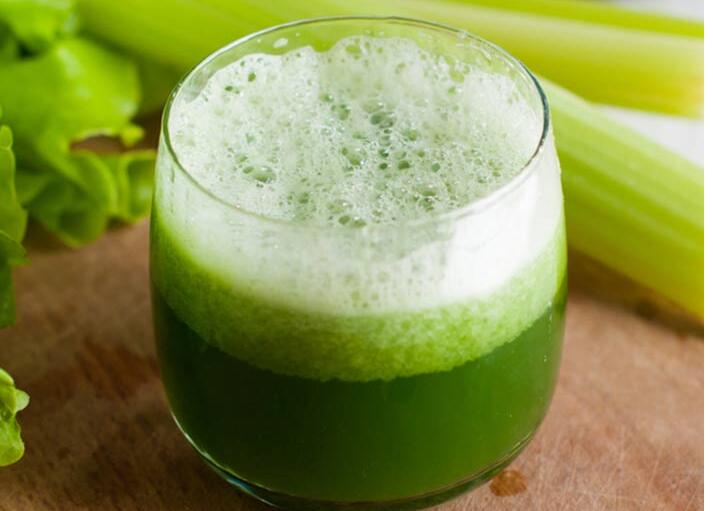 spirulina tablets and weight loss
spirulina tablets and weight loss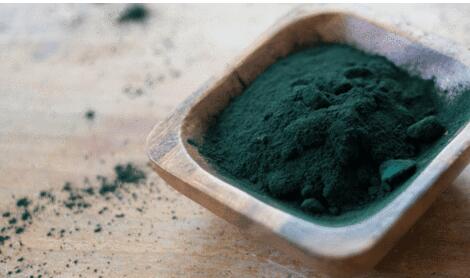 spirulina tablets vs powder
spirulina tablets vs powder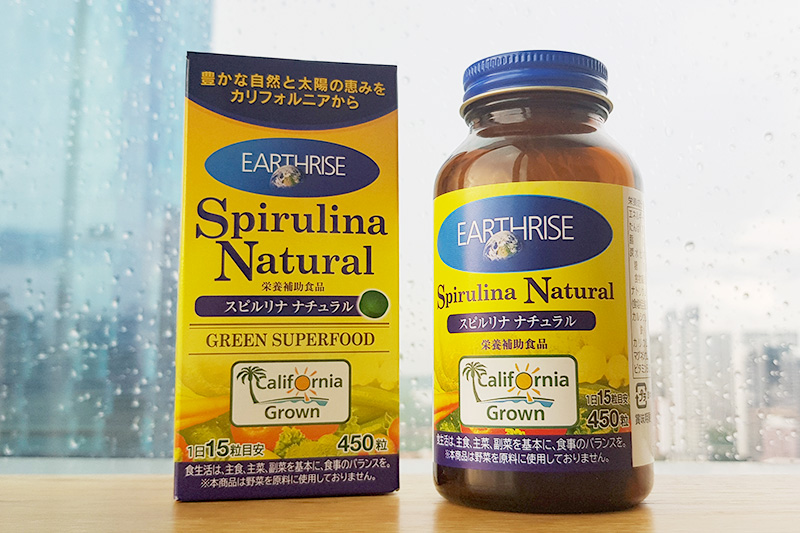 spirulina benefits healing galing
spirulina benefits healing galing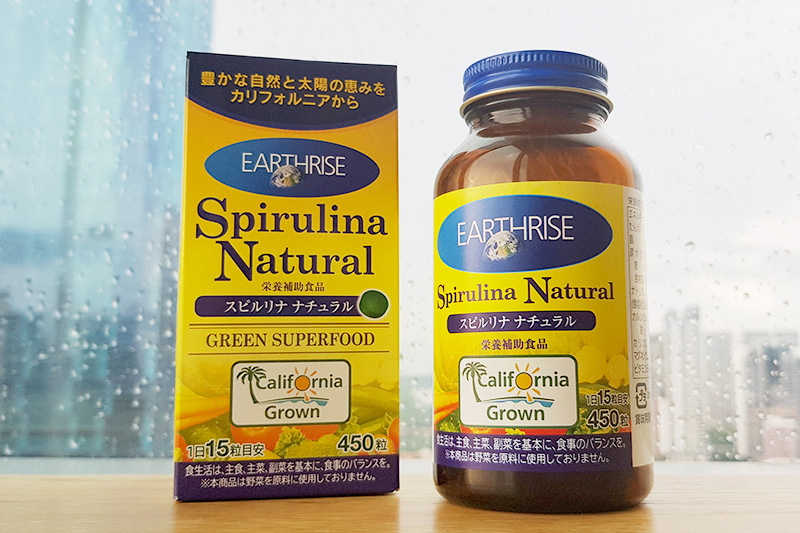 spirulina tablets how to take
spirulina tablets how to take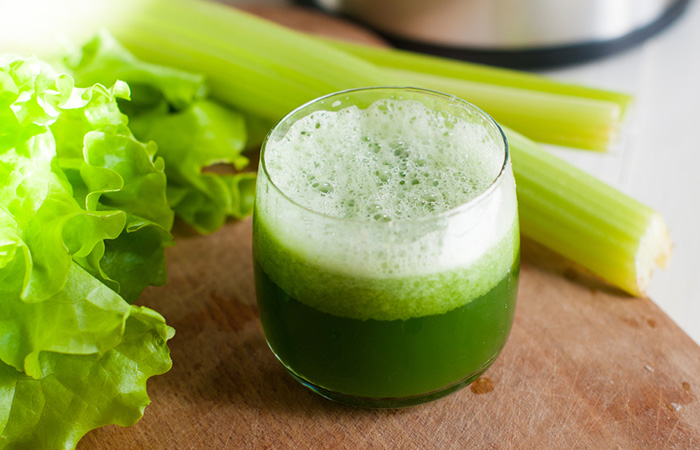 spirulina tablets for weight loss
spirulina tablets for weight loss
